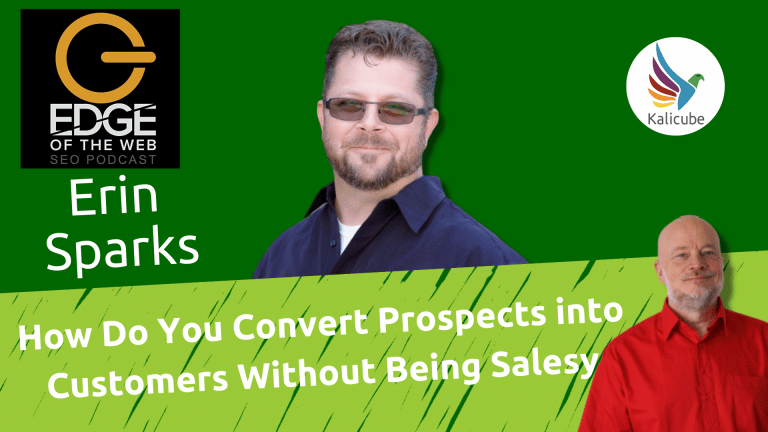What’s More Important: Your Website or Your Brand Strategy?

Imagine you’ve invested time and money into a sleek new website, but it’s not delivering the results you expected. Frustrating, right? Many businesses face this problem, but the solution may not be where you think. The key lies in understanding a critical question: What’s more important – your website or your brand strategy? In this article, you’ll learn why understanding their interplay can significantly enhance your overall digital presence including search engines.
The Role of Your Website
Your website serves as the fulcrum or hub of all your online activities. It brings together various elements for both your audience and search engines like Google and Bing and off search AI assistive engines like ChatGPT, Perplexity and Claude. While it plays a crucial role in consolidating information and providing a platform for interaction, it isn’t the most important aspect of your online presence.
The Power of Brand Strategy
The most critical element is everything else you’re doing to build and promote your brand. This includes understanding who you are, what you offer, and who your target audience is. These questions form the foundation of your brand strategy.
And that is Understandandability - Phase One of The Kalicube Process™ that achieves the following things.
- You lay down a solid foundation for building credibility (Phase 2).
- You make sure that every interaction potential customers have with any part of their online presence leaves them with an accurate understanding of who you are.
- Every touchpoint your audience has with your brand aligns perfectly with the algorithmic frameworks used by Google, Bing, and generative AI engines like ChatGPT and Perplextity.ai.
Why is “Understanding” Important in SEO?
Understanding is the cornerstone of effective SEO. Without it, any marketing efforts will fall short because search engines won’t be able to accurately present your brand to potential customers. Ensuring that Google has a detailed and confident understanding of your brand allows it to recommend you more effectively in search results.
The Misconception of Website-Centric SEO
Many businesses, particularly those with an SEO background, tend to fixate on their website as the primary driver of success. However, this approach often proves to be a critical mistake. Instead of being obsessed solely with optimising your website, you need to focus on understanding and promoting your brand and company.
To build an effective brand strategy, we recommend that businesses ask themselves these key questions:
- Who are we as a company?
- What unique value do we provide?
- Who is our target audience?
While a stunning website is vital, it’s only one piece of the puzzle. A robust brand strategy amplifies the impact of all marketing efforts by creating a cohesive message across all platforms.
How Do You Get Recommendation Engines to Recommend You?
Search engines today function more like recommendation engines rather than just information retrieval systems. When users approach Google or ChatGPT with problems needing solutions, these platforms aim to recommend the best possible solution efficiently.
To achieve this, both human and machines (like search engines) need to understand these fundamental aspects about you:
- Who are you?
- What does your company offer?
- Who is your target audience?
These are crucial questions that need clear answers not just for human visitors but also for machines like Google or ChatGPT. When these entities understand who you are, what you offer and who you offer it to, they can better recommend you to their users who match your target audience.
When this understanding is established effectively through consistent messaging across all channels (including but not limited to websites), you’re more likely to be recommended by these platforms over competitors.
Remember: Google’s ultimate aim is helping its users find the best solutions to their problems through accurate recommendations - your goal should be helping Google achieve this aim by ensuring it understands every aspect of your brand clearly and confidently.
Conclusion
While having an optimised website is essential - it acts as an anchor point - your broader brand strategy holds greater importance in achieving long-term success online:
- Focus on building a strong brand identity.
- Ensure clear communication about what sets you apart from competitors.
- Maintain consistency across all digital touchpoints so that both audiences & algorithms recognize & recommend YOU!
By prioritising comprehensive branding efforts alongside maintaining an effective web presence - you’ll create lasting impressions leading towards sustainable growth.
Position your brand as the leader in your industry. Download our free guide for business leaders like you.
Discover how a well-crafted brand strategy can transform your business and save you valuable time. Book a call with us now!





